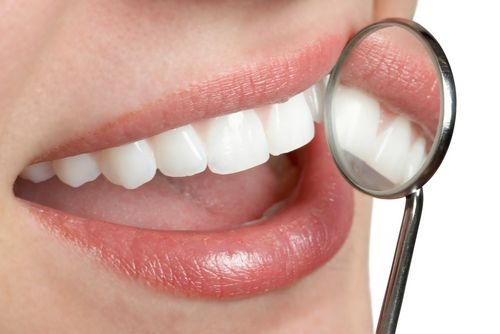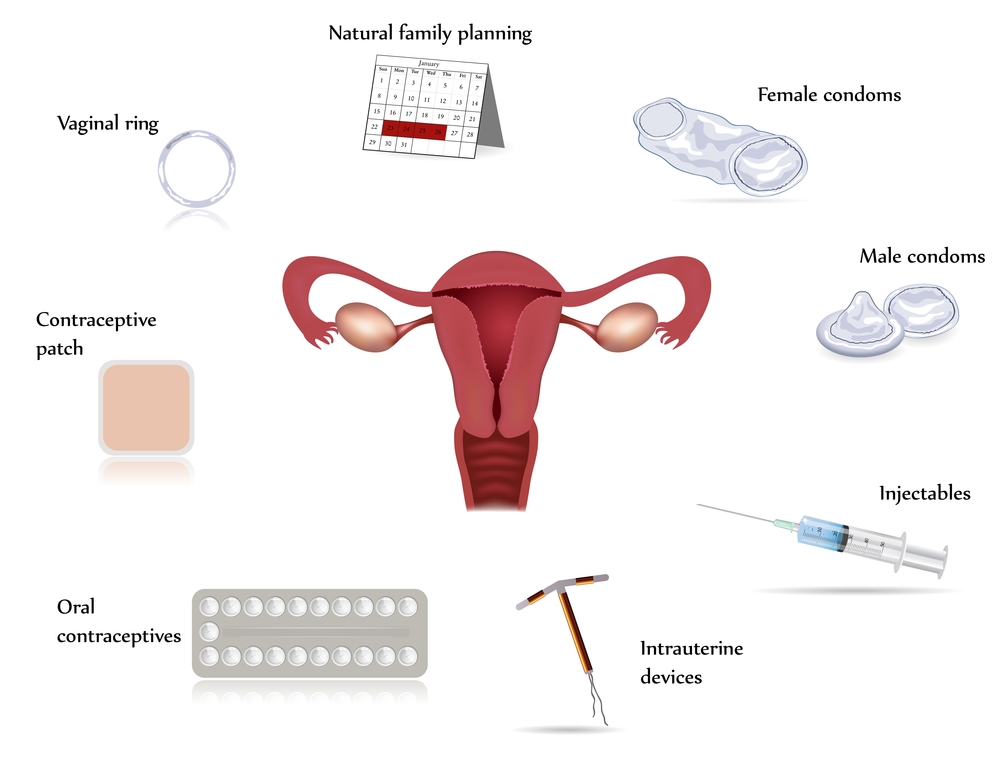
-
Eggs are not released by the ovaries
-
The cervical mucus is thickened to act as a barrier that will prevent sperm from reaching the egg
-
Implantation is prevented due to the changes in the lining of the uterus.
In general, women are more susceptible to oral health problems because of the unique hormonal changes they experience. Dental health is usually compromised when a woman gets pregnant, uses birth control pills and when menopause is reached. These are the stages where hormones are fluctuating and such changes have certain effects in one’s dental health.
 Birth Control Study Findings
Birth Control Study Findings
There are new studies that showed that some dental health risks are involved with the DMPA shot. A possible link between injectable progesterone contraceptives (like DMPA) and periodontal or gum disease has been found.
Findings from such study revealed that:
-
About 4% of the 4,500 research participants between the ages of 15 and 44 were using DMPA shot, and about 12% had used it in the past. All participants were thoroughly examined by a dentist. Gum tissue health indicators were recorded- bleeding gums, gingival recession, and periodontal probing to measure bone levels surrounding the teeth.
-
Those participants who are currently taking DMPA shots were about 73% more likely to have gingivitis. This refers to gum inflammation and bleeding, sans the periodontal bone loss.
-
Those women who had previously used DMPA have a slightly higher incidence of gingivitis. The risk level was not significant enough to prove a direct link.
-
Hispanic and Black women were 30 to 50% more likely to have some form of periodontal disease.
-
Women in the lower economic bracket of society or those who had not visited the dentist within the past 2 years have a higher rate of periodontal disease.
What the study showed was that the hormones played a major role in the development of periodontal disease among women on birth control shots. These women need to take extra attention to their teeth and gums to prevent periodontal disease. These women should regularly visit the dentist for a professional cleaning every 3 to 6 months.
If you are taking progesterone contraceptive, you should:
-
See your dentist every 3 to 4 months
-
Pay attention to dental or oral hygiene and care
-
More frequent cleaning and flossing after meals. This will help prevent complications and the advancement of periodontal disease.
-
Have a deeper cleaning called scaling to start the healing process.
- For severe cases of periodontal disease, surgery may be required.
Images via Google Images
- St. Lawrence Dentistry Looks Forward To St. Patrick’s Day! - March 12, 2025
- Understanding Dental X-Rays and Radiation: What You Should Know - January 13, 2025
- Happy New Year from St. Lawrence Dentistry! - December 30, 2024










